Confident...Vocabulary is my priority.
Confused...No time and how do you make it stick
or something in between
Regardless of where you are with vocabulary, we can all agree that vocabulary is a huge factor in student success, so now what? Well, today, I plan to share with you teaching ideas, tools, and tech ideas you might use to build vibrant vocabulary in your students.
When teaching vocabulary, there are certainly ways to make vocabulary learning fun. My favorite books for vocabulary ideas and word play are Bringing Words to Life and Creating Robust Vocabulary. I am a huge fan of Beck, McKeown, and Kucan. These gals are a wealth of information in these books, and every teacher should have these titles in their professional libraries. The key in both of these books is talking about word connections.
Here are a few ideas you might try out:
Have You Ever…? This activity helps students associate newly learned words with contexts and activities from their own experiences. For example, students are asked, “Describe a time when you might…” or “Tell about someone you know who is…” or “Describe a time when you felt…”
Applause, Applause! For this activity, students clap to signal their approval when an object is correctly described by the target words. Example-Last Day of School Describing words: mundane, chaotic, routine, and exuberant. A follow-up discussion should address, “why?” they clapped or didn’t clap.
Idea Completions – Instead of the traditional “write a sentence using a new word,” provide students with sentence stems that require them to integrate a word’s meaning into a context to explain a situation. Here's an example: Exuberant The students were feeling exuberant because the principal of the school surprised them with ...
Word Association – Students are asked to connect their new vocabulary with another more familiar word, phrase or concept. The focus is on connecting words and explaining how they are connected. Some of the apps that I'll share in a bit can be used for this. For example, you might ask, "Which words would you connect with the word, commotion? (chaos, hubbub) Which word goes with scientist? (examine, hypothesis, discover)
Questions, Reasons, Example This activity requires students to support their thinking and encourages discussion around new vocabulary. You ask questions to get student thinking about a word. Then, you get them to back up their thinking with deeper explanation, and you end with examples of the word.
In addition to these word play ideas, vocabulary importance needs to be visible to the students in your room. You can do this by implementing these:
Word Walls
WOW Word Lists
Word of the Day
Word Wizard
Word Walls can be used to feature text talk words from your content areas as well as lingo that we use as we teach skills. Kids need to see words in print, hear how they're used, and practice applying them.
I love WOW Word Lists. This is a practice of getting students to notice "juicy words" in their reading and conversation. They share the word with the class, and the word is featured in a prominent location for use in writing later on.
Word of the Day is an easy thing to implement. Each day, the teacher selects a key word to teach and challenges the students to use it throughout the day as much as possible. Teachers can tie these to the content areas or a read aloud. The word of the day is put into a collection jar and during transition times, the teacher can pull out previous words of the day for review.
Do you have a few word wizards in your classroom? This strategy makes everyone a word wizard at some point. Each day, a student is assigned as the word wizard and it's his/her job to record new words that he/she has heard. The words are share at the end of the day in a class meeting.
Popplet is perfect for brainstorming ideas about words. Teachers can share kid friendly definitions, the word in context, what the word is and isn't, draw pictures of it, and more all in a matter of a few minutes. Popplet works well for small groups too. If you have ipads, the teacher can assign a different word to each group and let the groups become Word Wizards and present the word to others.
With Vocabulary.com, the teacher is able to insert their word list into the system where the words are put into context, compared to other words, and included in games. This site is teetering on being too gamelike for me, but I do like that the site allows the teacher to tailor it to his/her needs.
This is an interesting app. To use it, the teacher types in the key word and Lexipedia generates a weblike graphic that show connected words. How could you use this? Well, again, I see this working well on a Smartboard for group discussion. One warning with use it is to plug your words in in advance. The first word I tried was not in the database. However, I still think it's worth a try.
Word Hippo is a really cool app/website. It would be very handy for kids when they're writing, but also as teachers are introducing new words. Students are able to look up synonyms, antonyms, rhyming words, example sentences, the definition, pronunciation, and even related words. I love that kids can use this as they work on team projects and as they discover new information about their words. Yet, it is super simple and has a kid-friendly look.
Snappy Words is somewhat like Popplet in that it generates a web of connected words. The teacher types in the word, and any connected words show up in a web. Here is an example of the word commotion, a word I selected from The Bee Tree by Patricia Polacco. It is difficult to read the other examples, but if you look at the key below the graphic, you'll see what the dashed lines, solid color lines, and such mean. Again, these provide talking points for the word, and research shows that kids need 12-15 exposures to a word for the word to be fully understood.
As you can see, there are many teaching options with vocabulary, tools you can use to grow vocabulary, and ways you can work vocabulary in throughout the day. The key is just making sure that it is a priority for you in your instruction. This post certainly is not all inclusive, so what ideas do you enjoy using? We'd love to hear from you in the comments. If you're curious about what else we have to offer on vocabulary, we do have quite a few posts on this topic. [Click here] to see the other posts and have a GREAT end of the year.


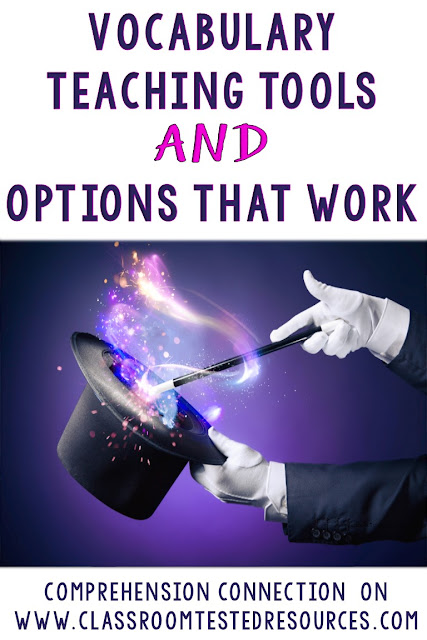









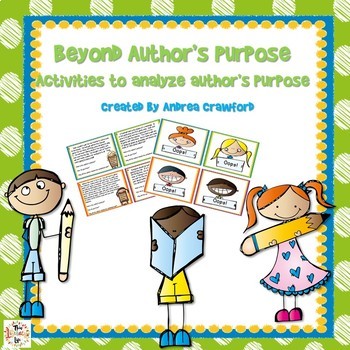
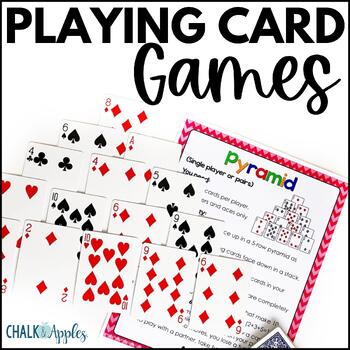
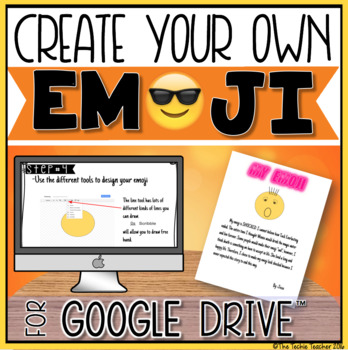
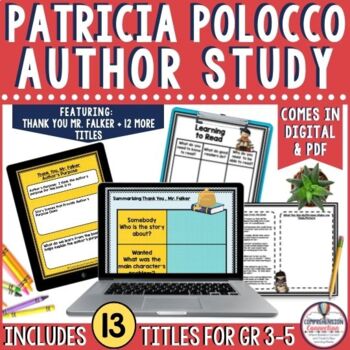
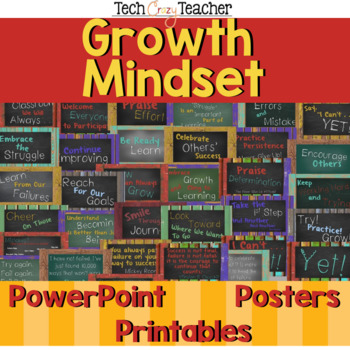
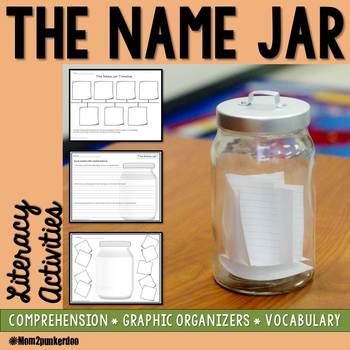
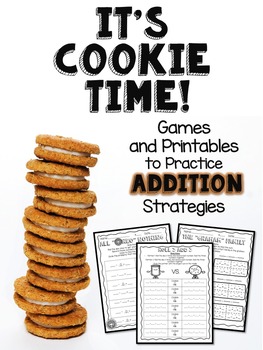
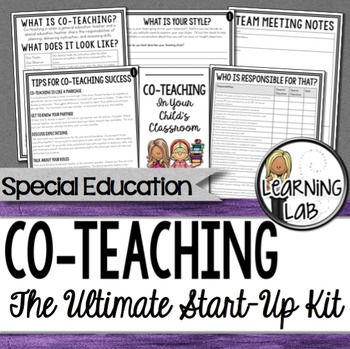
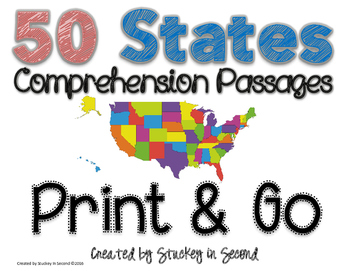
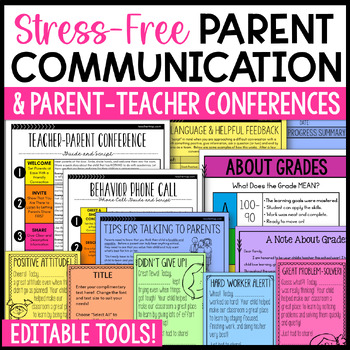
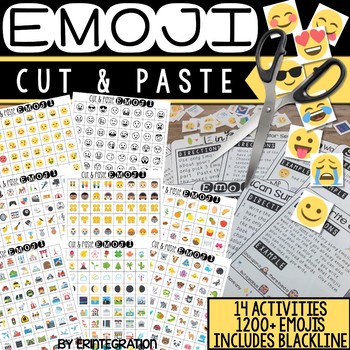
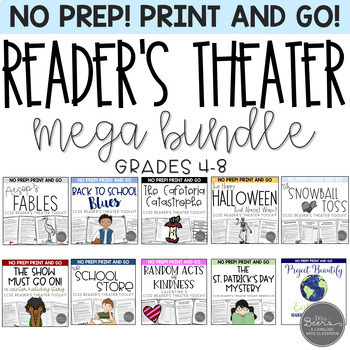
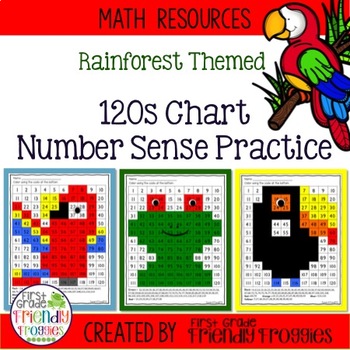

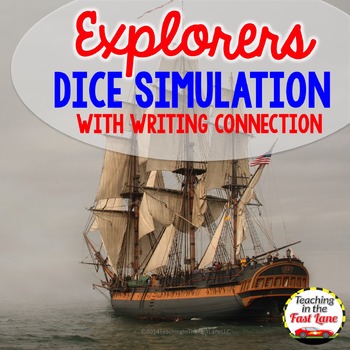
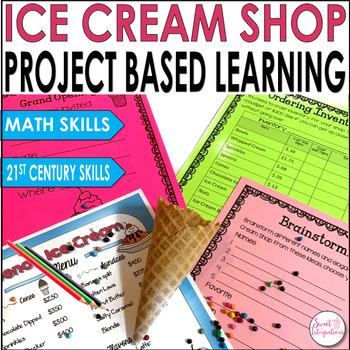




















0 comments:
Post a Comment